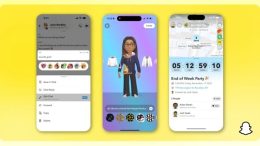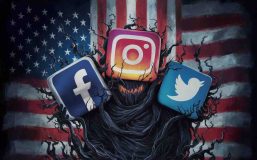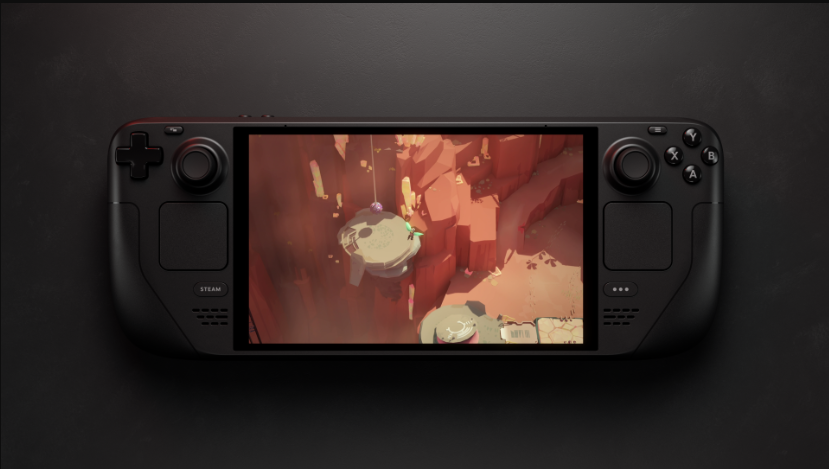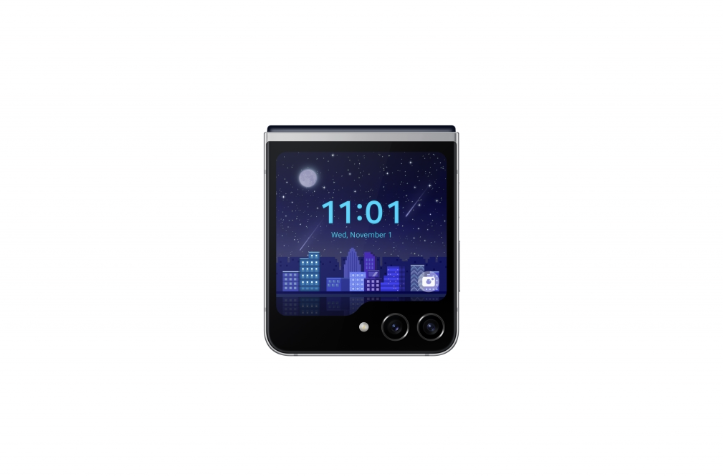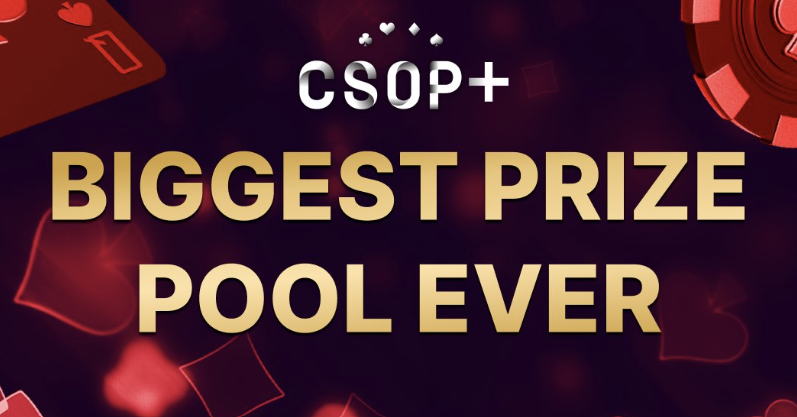The long overly romanticized idea of the writer holed up in a cabin off of Walden Pond, furiously writing by candlelight and drinking warm whiskey until the wee hours is so. freaking. over. The writer of today is busy tweeting away on the Internet, connecting with like-minded folks while writing their next. big. novel.

“If I am having a crappy day writing, I will on occasion send out a goofy tweet on Twitter to see how others are doing,” Oak Park-based writer Gint Aras tells me via phone. “Then it will help me get through a period of blockage – but I don’t think that’s any different from getting on the phone and talking to a writer buddy.”
Writers are solitary types. Many work from home, only seeing the light of day if they run errands or go to the gym during the day. Some may keep wonky schedules, depending on if they have a day job or do other types of work. Twitter can be an important way to connect with other writers, or just to stay involved in community. But online community isn’t the only reason writers tweet.
Mystery writer Julie Hyzy tells me that she uses Twitter less for online community, and more as a way to promote other writers and stay in touch with her readers. I picture Hyzy acting the same way on Twitter as she would at a fancy book party launch. “You feel like everybody’s your friend and you can just jump in,” she says. “You don’t have to shake somebody’s hand with a wine glass in the other. It’s like a nice party conversation all the time.”
Writer Sherrill Bodine tells me that she only started tweeting because of her publicist, Dana Kaye. “The reason I started using it is because Dana made me, and the reason I tweet is that Dana made me.”
As we chatted more, she softened up a bit on Twitter. “I love the connection with the readers,” she says. On a recent trip to New York, she had an opportunity to view the Elizabeth Taylor private collection, and because of Twitter she was able to give her readers a sneak peek.
For Hyzy and Bodine, Twitter is most useful as a way to connect with readers, promote other writers and give their readers a peak into the creative process. Both of these writers have a publicist, however. Gint Aras, a self-published writer, finds Twitter useful for more than just connecting with other people who share the same interests as him. Despite receiving praise for his work in graduate school, after he got out Aras realized that publishing his book was going to be “virtually impossible,” and so he deduced to build his own platform, and Twitter was an important part of that.
“The bookstore out in Oak Park where I live, The Book Table, was one of the first bookstores I followed,” says Aras. “As a result of me following them and drawing attention to the bookstore, they started carrying my book. I’ve sold a number of books there that I’ve been.”
For Aras, Twitter is a way to keep his finger on the pulse of what’s happening in the world. But it can also be whatever he wants it to be. “Twitter is like the letter that you have in front of you, with a piece of paper and a pen,” says Aras. “You write the letter and decide who you are going to send it to.”
